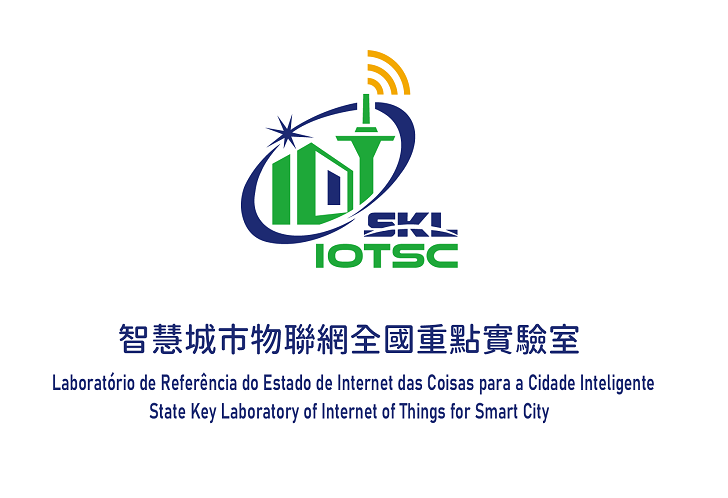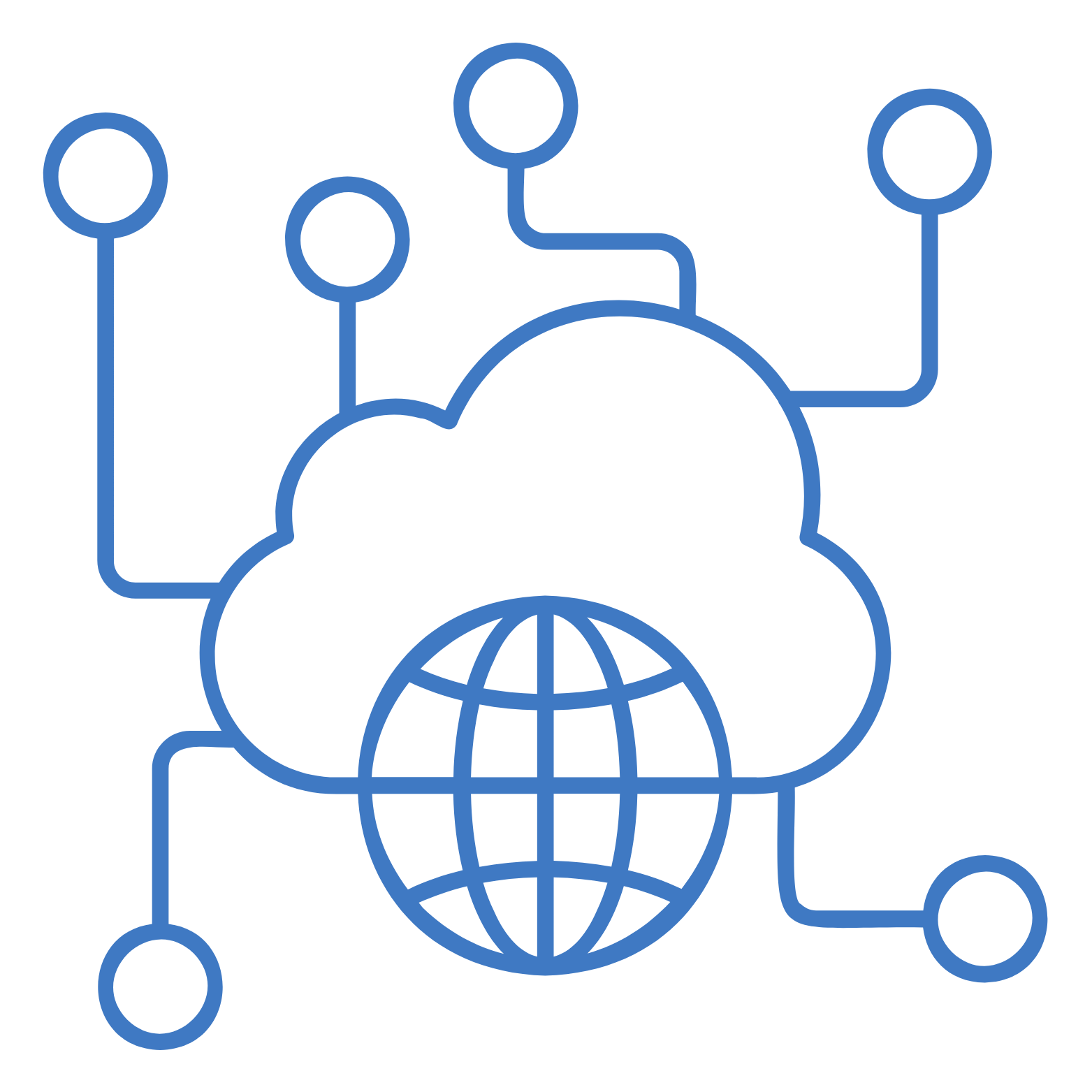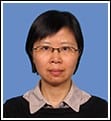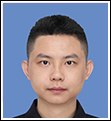Intelligent Sensing and Network Communication
Introduction
Intelligent sensing and network communications focus on the fundamental technologies, key innovations, and practical applications necessary for future large-scale Internet of Things (IoT) networks. As shown in the following figure, in response to the challenges of massive data access and diverse IoT sensing and communication requirements, we design and implement integrated systems that are efficient, eco-friendly, intelligent, and reliable, providing comprehensive solutions for sensing, communication, and computing services. Our research covers key technologies and theoretical advancements in cooperative sensing, considering heterogeneous domains, multi-modal sensing data, and varying quality demands. Additionally, we explore how to enable high-efficiency wireless communications with broad coverage and high spectrum utilization under constrained spectrum and energy resources, and how to achieve effective resource management and allocation by integrating sensing, computation, and communication.

Faculty Members
Research Topics
Theories and Key Technologies on High Efficient Cooperative Sensing
In response to the large-scale, heterogeneous spatiotemporal, and multi-modal sensing demands of future IoT networks, we design efficient sensing devices to enhance sensing performance, meeting the requirements of different application scenarios in terms of real-time capability, accuracy, scale, and modality. To address the heterogeneity of sensing needs, we study the effective cooperation of diverse sensing methods to achieve efficient multi-modal and large-scale sensing across heterogeneous spatiotemporal environments. Our research also focuses on the efficient interaction and sharing of sensing information, designing scalable and intelligent mechanisms for interconnectivity and information sharing. Key areas of study include low-power, wide-area, large-scale sensing technologies, efficient cooperation in multi-modal sensing, and the efficient collection and interconnection of sensing information.

Theoretical Research on IoT Communications with High Efficiency, Green, and Wide Coverage
Achieving efficient and sustainable wireless communication for a massive number of distributed IoT devices — under the constraints of limited spectrum and energy resources — is a significant challenge in the advancement of IoT technology. To address this, our research focuses on improving spectrum efficiency, ensuring effective data transmission, reducing communication power consumption, and expanding network boundaries. Our main research areas include novel antenna design; multi-antenna technologies and intelligent signal processing; multiple access technologies; semantic communication; and secure transmission technologies. Through these efforts, we are committed to overcoming existing technical bottlenecks and providing a solid theoretical foundation and technical support for the large-scale deployment of IoT.

Efficient Transmission and Resource Optimization Based on Integrated Sensing, Communication, and Computing
The coordinated management and control of multi-dimensional resources in Internet of Things (loT) through the convergence of communication, sensing, and computing has become a crucial trend in future wireless networks and services. Current issues of resource interdependency and bottlenecks can be alleviated by effectively coordinating these diverse resources. Our research focuses on the coordinated management and optimization of multi-dimensional resources within integrated communication, sensing, and computing systems. Key research directions include coordinated sensing and scheduling, data transmission and interference management for novel multi-access transmission methods in IoT; multi-task scheduling, orchestration, and the collaborative allocation of communication and computing resources for heterogeneous loT services; and the cross-domain coordination of data, communication, and computing resources across multiple devices for distributed and generative Al-driven applications.
.











